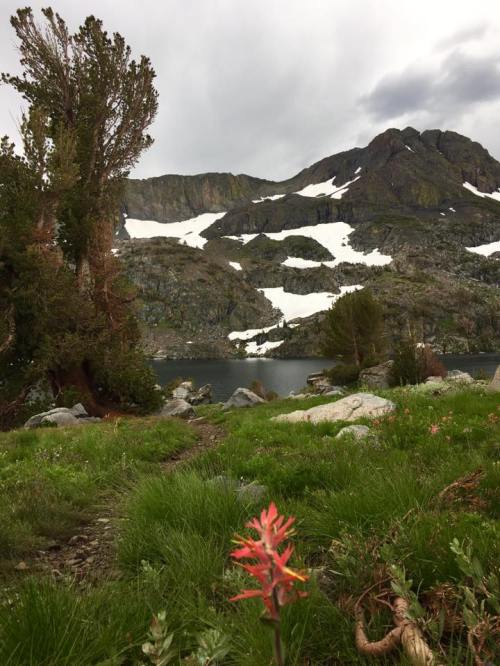 One of the riskiest things you can do in this life is to hope. If you have been disappointed, hurt, experienced devastating loss, or witness constant hardship and trauma—deciding to make hope an active reality in your life is a conscious choice defying what your senses may be telling you. It is so much easier to deaden yourself, erecting barriers against possible pain or disappointments while minimizing the loss and pain with platitudes you do not really believe.
One of the riskiest things you can do in this life is to hope. If you have been disappointed, hurt, experienced devastating loss, or witness constant hardship and trauma—deciding to make hope an active reality in your life is a conscious choice defying what your senses may be telling you. It is so much easier to deaden yourself, erecting barriers against possible pain or disappointments while minimizing the loss and pain with platitudes you do not really believe.
Throughout our lives, moments come when we must reevaluate the risk and make that conscious decision yet again. Sometimes it is enough to rely on the hope of others, drifting comfortably along in the life raft of others’ prayers, joy, and faith. Sooner or later, the life raft bumps into the iceberg, and a critical choice needs to be made. It is always possible to jump into another’s life raft…but every time this happens, it feels like the raft grows smaller and more claustrophobic. However, the human capacity for denial and defense mechanisms knows no bounds, so it is possible to live like this.
On the other hand, to confront the iceberg is to delve into your deepest fears, pain, insecurities, and inevitably requires you to name the idols you have created in the name of God.
But if you throw away your idols, what will take their place? It is in this terrifying, existential space where one must exercise the muscle of hope in the waiting.
Is there something better than the idols, the comfortable box, and a somewhat cynical and carefully protected spirit? What are the risks and possibilities? Is there a guarantee and can I get a warranty on that guarantee?
In the beginning of the New Year, hope often feels easier. It is a fresh start, a blank page, the first day of something that could be better and more meaningful. It is a hope born of new beginnings, which is a gift modeled to us by the passing of the seasons, the birth of a baby, or the emergence of a butterfly from its cocoon.
But when there are no new beginnings in the near future, this is when hope seems like the smallest muscle in the body trying to power an Olympic sprint. We can gather courage from the witness of creation, from our community around us, from the testimonies of others. But in the end, it is I alone who must jump into the icy waters of the unknown.
Hope can take many forms—it can be as small as a mustard seed, a whispered one line prayer, the “thing with feathers that perches on the soul,”* but the Christian faith without hope is only a cumbersome structure without a heartbeat. Hope is what helps us look to what is promised in the future while walking through an oftentimes frightening and dark present. Hope is engaging with our cultures and not hiding in protective buttresses of “us and them” language. Hope is sitting with the poor and the broken as well as the rich and powerful, with the people who make us uncomfortable as well as those who affirm our beliefs and ways of thinking.
I like the words of hope written by Fanny Crosby in 1860. At first glance, it seems that the person is broken and has little hope. But it is actually hope which compels her to cry out at all in her present circumstance:
Pass me not, O gentle Savior,
Hear my humble cry;
While on others Thou art smiling,
Do not pass me by.
Savior, Savior,
Hear my humble cry,
While on others Thou art calling,
Do not pass me by.
Let me at Thy throne of mercy
Find a sweet relief;
Kneeling there in deep contrition,
Help my unbelief.
Trusting only in Thy merit,
Would I seek Thy face;
Heal my wounded, broken spirit,
Save me by Thy grace.
*From poem by Emily Dickenson

